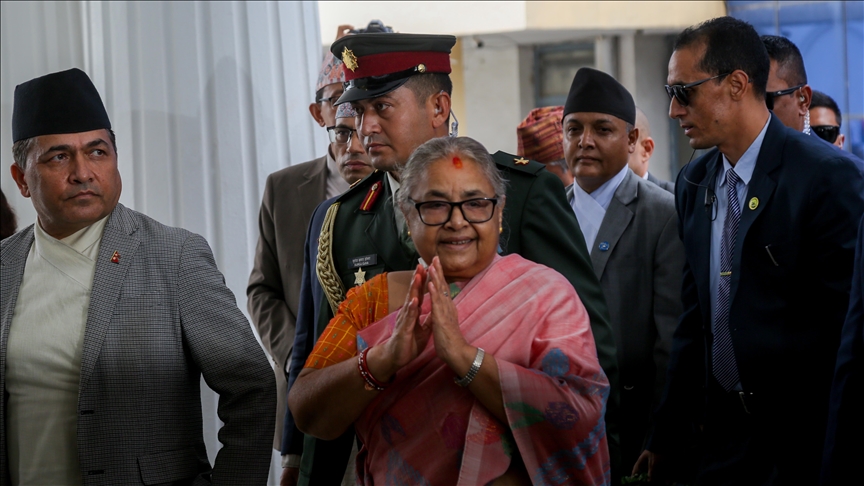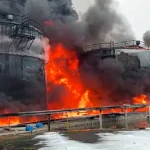Nepal has entered a new political phase after mass protests led by Gen Z demonstrators forced the resignation of the previous prime minister, paving the way for 73-year-old former chief justice Sushila Karki to assume office as interim prime minister.
The unrest, triggered by a controversial ban on social media and fueled by deep-rooted economic frustrations, quickly escalated into violent clashes that left at least 72 people dead and nearly 200 injured, with parliament and key government buildings in Kathmandu set ablaze. Karki, who has been tasked with restoring stability and preparing the country for elections within six months, pledged to heed the demands of the youth movement calling for an end to corruption, better governance, and greater economic equality.
With youth unemployment in Nepal standing at 20% and per capita GDP at just $1,447, the protests reflect broader socio-economic discontent among the country’s 30 million people. In her first public remarks, Karki stressed the importance of working “according to the thinking of the Gen Z generation” while also paying tribute to those killed in the unrest.
Her leadership will be closely watched both domestically and internationally, as Nepal faces the dual challenge of rebuilding political credibility and navigating the geopolitical pressures of its strategic position between China and India.












Leave a comment